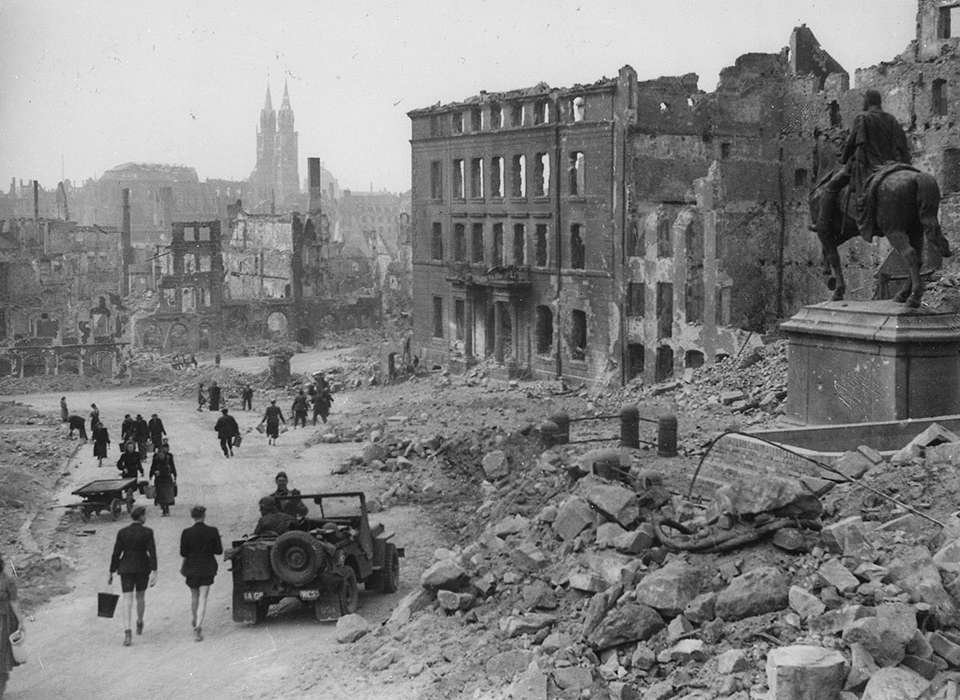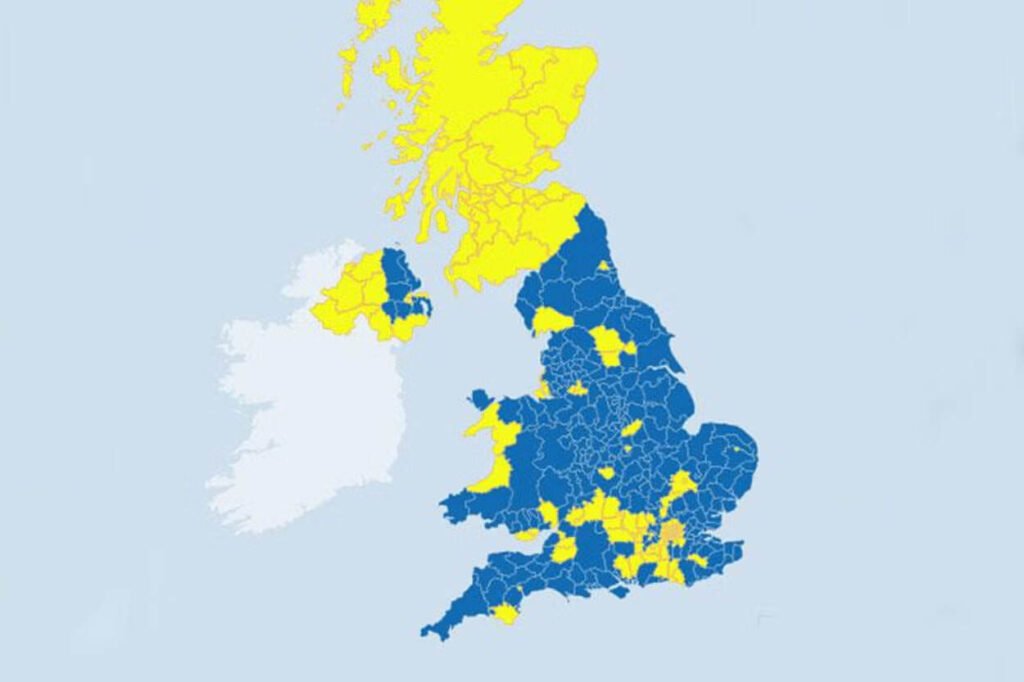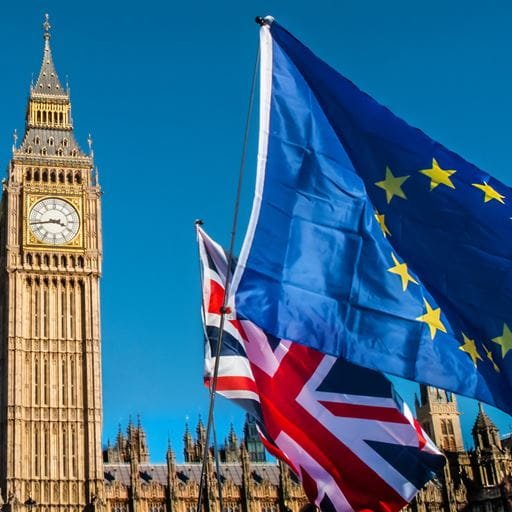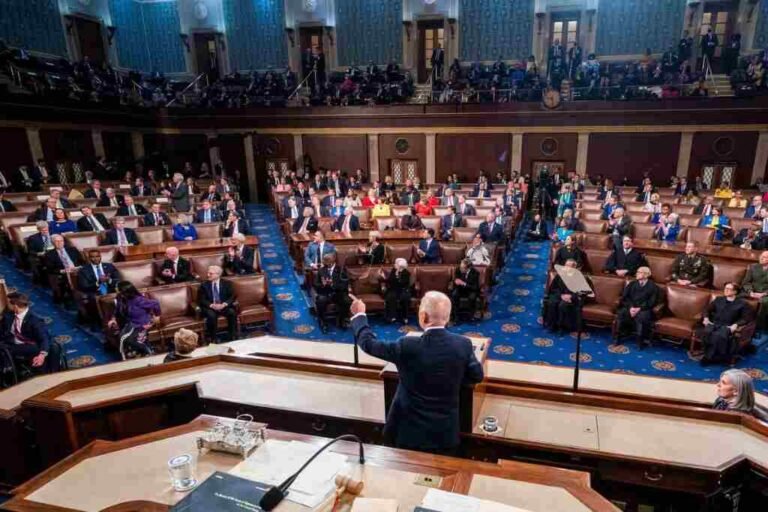Understanding the reasons behind the European Union
The European Union is a political and economic union of 27 states in Continental Europe. It is an institution that has ensured that peace and economic prosperity remains on the Old Continent. The Union took its initial shape in the immediate aftermath of the 2nd World War when the Allies battered by the 2nd world war took steps to pool their resources together in a bid to rebuild themselves rapidly in the face of a new communist threat. The idea was put forward by then French President Robert Schuman who was vary of previous German alienation in the aftermath of the Great war was adamant not to repeat the same mistake. He wanted an economic alliance of the 2 countries to prevent any future conflict between and develop trust.

Thus the predecessor of the EU, the European Coal and Steel Community was born. Coal and Steel were essential components of the war machines and the construction boom that was needed to rebuild Europe. Thus Interdependence, economic prosperity and Peace were essential components of this endever. The establishment of the EU was encouraged by the US as the funds under the Marshall Plan could be better managed under a joint authority and the capitalistic nature of the organisation could ensure that Communism doesn’t spill over from across Eastern Europe.
What was the Brexit?
BREXIT refers to the United Kingdom leaving the European Union on June 23rd 2016 as a result of nationwide referendum. The referendum showed that 51.9% of the British voters favoured leaving the union in contrast with 48.1% that voted otherwise. England was heavily in support of the decision as opposed to Scotland that casted just 38% votes in favor.
As a result of the vote, the UK started negotiations with the European Union to formulate a deal that will enable the UK to exit the Union safely without much political or economic blowback. Given the deep integration of the UK’s economy with that of the EU, a deal was deemed necessary. A deal would prevent disruptions to businesses and consumers, help establish trading arrangements, and manage regulatory cooperation. Without a deal, trade would have been downgraded to less favorable WTO terms, potentially leading to higher costs and uncertainties.
What economic cost did the UK pay?
The Food Inflation
According to experts, Brexit had a profound economic impact on the UK. The UK’s trade with the European Union which stood at 550 billion pounds took a massive hit after Brexit. Inflation increased manifold and the price of food skyrocketed which contributed to the UK’s increasing cost of living. According to a report by the London School of Economics, Brexit has added 7 billion pounds to UK’s Grocery Inflation. The UK imported about 28% of its food from the EU and this has caused major supply chain problems for the island country. However leaving the EU has made local farmers of the UK more competitive. Interestingly these farmers have been the most in favor of Brexit as well.
Losses in the services sector
Furthermore, the UK has been the only major G7 economy to contract in 2023. Sadiq Khan the mayor of London revealed telling statistics about the impacts, Brexit had on the economy of UK. He claimed that the economy incurred losses of 140 billion pounds and lost 2 million jobs as a result mainly in the construction and financial sectors where many foreigners worked. Furthermore London’s economy suffered a staggering 30 billion pounds loss as well. This was due to loss of investments and cheap labor from the EU coming into the country.

Furthermore, the enactment of new regulations by the UK and the loss of the single market under the EU caused flight of capital from the UK into the EU as many businesses shifted to the EU. Even though experts had predicted that the de-valument of the British Pound against the Euro would make British exports more competitive but the results are yet to be seen. The British have signed 71 trade agreements with other states since the BREXIT mostly the British Commonwealth.
Brexit and the Political cost for UK
Brexit caused an era of political uncertainty that enveloped the UK and its affects are still being felt today. Since 2016, the UK had 4 prime ministers with none able to complete their tenure.
Brexit revealed stark contrasts between the various states that make up the United Kingdom. Scotland which joined England in 1707 to form the United Kingdom rejected independence in 2014. However after BREXIT, it renewed calls for another referendum to be held. In 2016, Scotland rejected the vote on the EU by 62% voting against leaving it. Not one Scottish local area voted to leave the EU, according to the U.K.’s Electoral Commission. Scots have renewed their struggle for independence despite the UK’s Supreme Court rejecting a second referendum.

Scots have called for an agreement with the European Union similar to the Northern Ireland Protocol that gave Northern Ireland a special agreement with the EU regarding open borders with the rest of the EU and a joint customs union. However, London has been vary of entertaining these demands as it deems that such an agreement will inevitably weaken the political integrity of the country.
Did Brexit affect the EU as well?
BREXIT had a major impact upon the European Union. However, the impacts when contrasted with the impact that it had on the UK were minimal. Overall, UK’s exit from the Union resulted in an overall population decrease of 13% for the European Union. The United kingdom had the 2nd largest GDP in the European Union after Germany. It’s departure from the Union is expected to burn a massive hole in EU’s annual budget amounting to 5%. This is bound to increase the political uncertainty in the Union and increase Germany’s overall influence even more. Germany is expected to fill in an additional 2.5 billion euros to fill in the budget gap of the EU.

Politically, the UK was a major proponent of the Liberal Bloc which mainly consisted of Northern European states as opposed to the Protectionist Bloc of Southern European states. UK’s exit from the EU is bound to weaken the Northern Bloc and contribute to the political divide amongst member states of the EU. This may result in a situation where many regulations regarding the free trade agreements are shunned for a more protectionist one.
Moreover after Brexit, additional referendums are expected to be held in Denmark and France where support is already strong. This has the potential to undo the European Union and start a chain reaction of exits that threatens to unravel the Union itself.
The state most impacted by BREXIT is Ireland whose trade with the UK stands at a billion euro per week. The economy of Ireland is expected to be hit the hardest by UKs actions.
Conclusion
Summarily, with Brexit, the history of the European Union and the United Kingdom will never be the sam, it is a game-changer. Brexit underlined the existing rifts within the EU and put under question its further direction and cohesion. In essence, these are challenges that the UK and the EU have to traverse while ensuring some modicum of stability, at the same time appeasing the fears that citizens and member states hold



















+ There are no comments
Add yours